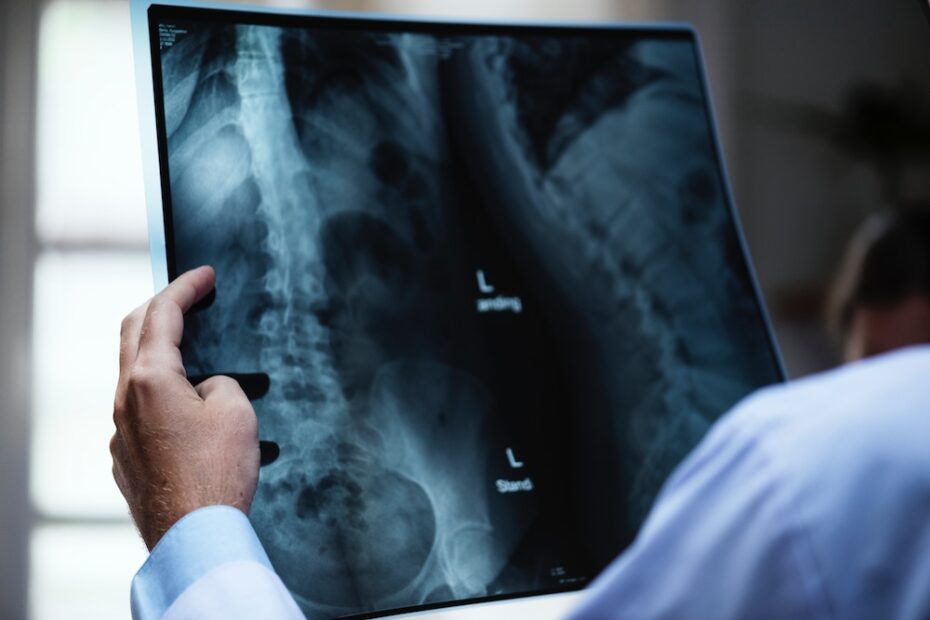In this podcast, Accredited Compensation Lawyers and Multi-Award Winning Lawyer, Scott Hall-Johnston discusses the role of medical assessments during your personal injury claim and what to do to best prepare for them.
| Scott: |
Good morning, Dan. There are two types of examinations that will usually occur. One is an examination that might be arranged by your lawyer so that there can be objective evidence about the nature of the injuries you’ve suffered, and to give some support for the claim for damages or compensation. The defendant also is typically allowed to have you examined by an expert of each choice, and it will want to have you looked at by its own doctor so that it can get an independent view of the nature of your injuries.
|
| Dan: |
And, Scott, what happens with that body of medical evidence? Where does it all go? You know, you’ve got one doctor that may say “A” and another that says “B”. What happens with it?
|
| Scott: |
Well, the theory is, of course, that all experts will come up with the same opinion, but experience tells us that will vary and frequently be the case, and typically doctors verge in their opinions. The resolution of that issue is typically by the court, so usually, the Judge will be asked to decide which opinion is preferred.
|
| Dan: |
And in the case that a matter doesn’t go to court, because a lot of these types of cases don’t actually end up in a court, is there sort of negotiation between the parties at some point?
|
| Scott: |
Of course there is, and each party will rely upon its own opinion and suggest to the other party that that opinion should be preferred. So the medical report is used as a tool in the negotiation when you’re able to look at settling your claim.
|
| Dan: |
And Scott, what about preparation for these medical assessments? Does a person need to prepare differently for the type of medical assessment they’re undergoing?
|
| Scott: |
Look, if a person’s not used to being examined, then they should certainly be thinking about what’s going to happen before the examination takes place, irrespective of who the examination has been arranged by. Typically, the doctors don’t like spending a lot of time taking histories, and usually, the experience is that the doctor doesn’t have sufficient opportunity or is unwilling to listen to all the facts.
|
|
It will help a process greatly if the patient or client can be very ready with the correct answers so the doctor knows what they need to provide the report.
|
|
| Dan: |
Just in terms of the frequency of these medical assessments, how often do they occur, and are they different for different types of injuries or personal injury matters?
|
| Scott: |
Yeah, of course they will be. There are different horses for different courses. But what your lawyer will usually require is some independent medical evidence that backs up the treating doctor’s reports in each field or speciality. Typically, your lawyer won’t arrange an appointment until your case is ready to be settled or to go to court, otherwise the evidence may need to be obtained again.
|
|
The defendant is entitled to have an examination at reasonable notice with the specialist of its choice. That is to say, a defendant can’t doctor-shop and send you to more than one specialist in each field of expertise.
|
|
| Dan: |
It can be an overwhelming sort of experience for clients. Is preparation and having notes with you around the facts, is that the best way to prepare?
|
| Scott: |
I don’t think notes help. The problem with notes is the doctor will sometimes ask for it, and any material that’s available can be subsequently brought before the court or the tribunal. But as you say, Dan, it is a good idea to prepare and have in mind what’s happened in the accident and the effects that it’s had upon the person, so that they can give a clear history and be ready with the facts to be able to tell the doctor exactly what’s occurred.
|
| Dan: |
Scott, thanks for joining me.
|
| Scott: |
That’s a pleasure. Have a good day.
|
